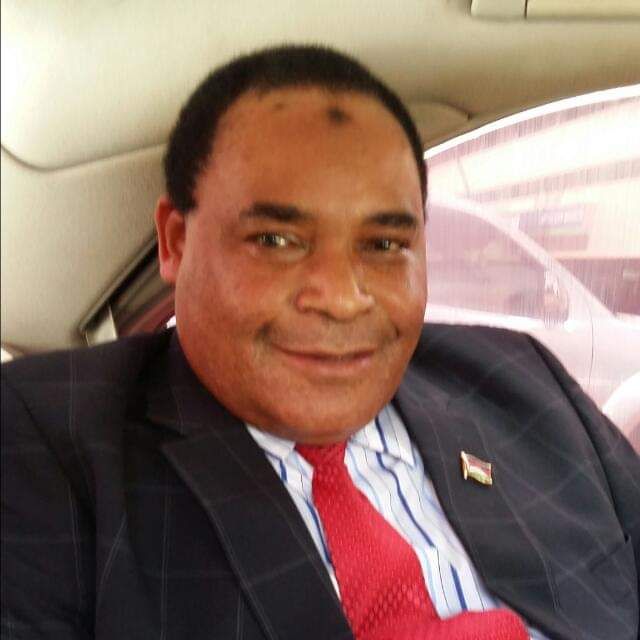By Twink Jones Gadama
In a country where religious and political affiliations often go hand in hand, the Ulama Council of Malawi has emerged as a significant force within the Muslim community.
While their influence may not be widely recognized by the general public, this grouping of Sheikhs has recently made headlines with their endorsement of Uladi Mussa’s decision to join the ruling Malawi Congress Party (MCP).
This move has sparked intrigue and raised questions about the Ulama Council’s history, representation, and overall impact within the country.
History and Background
The Ulama Council of Malawi traces its roots back to the Islamic scholars who migrated to the region centuries ago.
Their expertise in Islamic law, theology, and teachings earned them the title of “Ulama,” meaning “learned ones” in Arabic.
Over time, these scholars formed a council to address the religious and social concerns of the Muslim population.
Representation and Recognition
While the Ulama Council of Malawi has stated that it represents the interests of the Muslim community, there are doubts about its credibility and recognition among the country’s Muslims.
Our investigation has revealed that the council’s presence and influence appear to be limited, with many Muslims expressing surprise and skepticism about its existence.
Only a small percentage of those surveyed were familiar with the Ulama Council, raising questions about its overall effectiveness and reach.

Ulama Council’s Endorsement of Uladi Mussa
The recent endorsement of Uladi Mussa, a renowned Sheikh who recently joined the ruling MCP, has brought the Ulama Council into the spotlight.
The council’s support for Mussa’s political move serves as a reminder that Muslims in Malawi are not a monolithic group, as some might assume.
The Ulama Council has emphasized its willingness to align with the ruling government due to its perceived focus on working with and empowering the Muslim community.
Role and Impact:
While the Ulama Council’s level of representation within the Muslim community may be subject to debate, its endorsement of political figures like Uladi Mussa sheds light on its potential influence.
By actively participating in the political arena, the council aims to advocate for the rights and interests of Muslims, while also contributing expertise to governance efforts.
However, the true impact of the council’s involvement in politics and its ability to bring about significant change remains to be seen.
Future Prospects
As the Ulama Council of Malawi gains more visibility and recognition, it may face both opportunities and challenges. It is crucial for the council to strengthen its presence within the Muslim community, enhance its representation, and actively engage with relevant stakeholders. By building credibility and demonstrating its commitment to serving the interests of Muslims, the Ulama Council has the potential to play a more influential role in shaping the socio-political landscape of Malawi.
Conclusion
The Ulama Council of Malawi may have flown under the radar for many, but with its recent endorsement of Uladi Mussa and participation in political matters, it has raised eyebrows and sparked a necessary discussion about its relevance and impact.
As it navigates its way forward, the council must strive to gain wider recognition, increase representation among Malawi’s Muslims, and demonstrate its ability to effect positive change within the community.
Only then can the Ulama Council truly position itself as a powerhouse for the rights and interests of Muslims in Malawi.


